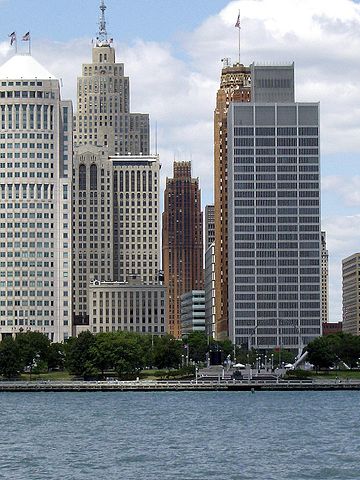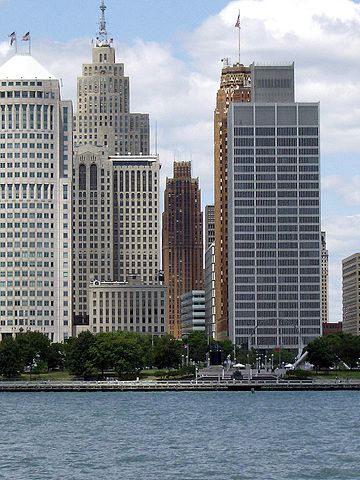U.S. Bankruptcy Judge Steven Rhodes said Wednesday that there will be a review of the legal fees incurred by Detroit’s pension funds – the Police and Fire Retirement System and General Retirement System – during bankruptcy proceedings.
More details from Detroit News:
U.S. Bankruptcy Judge Steven Rhodes ruled Wednesday that the Police and Fire Retirement System and General Retirement System should be subjected to the court’s review of costs associated with litigating the largest bankruptcy in U.S. history.
Robert Gordon, an attorney for the pension funds, argued in court Monday that they should not be subject to fee examiner Robert Fishman’s ongoing reviews because Detroit taxpayers are not directly footing their legal bills.
Rhodes disagreed, while acknowledging there’s no legal precedent for having a creditor’s legal fees subject to court review in a Chapter 9 municipal bankruptcy.
“Simply stated, the city funds the plans and the plans pay its professional fees and expenses from those funds and their earnings,” Rhodes wrote in a five-page ruling. “Contrary to the retirement systems’ assertion, the application of the statute does not depend on a line-item administrative expense paid directly by the city.”
The final cost of millions of dollars in fees charged by an army of city consultants and attorneys remains one of the last hurdles to Detroit’s exit from bankruptcy. Fees from financial advisers, restructuring consultants and law firms had topped $140 million, according to Emergency Manager Kevyn Orr’s office.
[…]
Mayor Mike Duggan has expressed concerns that cost overruns from legal bills could endanger the city’s plan of adjustment, the budgetary blueprint that will govern Detroit’s finances for the next decade.
On Monday, an attorney for Greenhill & Co. disclosed that the financial firm has billed the two retirement systems $3.55 million for its services. The firm’s advisers helped General Retirement System and Police and Fire Retirement System officials negotiate with Orr’s legal team over changes to pensions and long-term investment assumptions.



